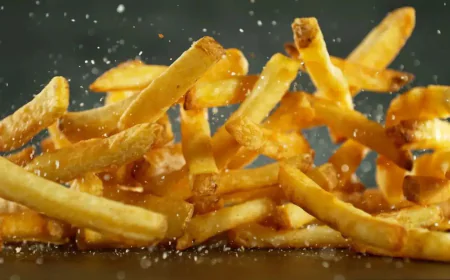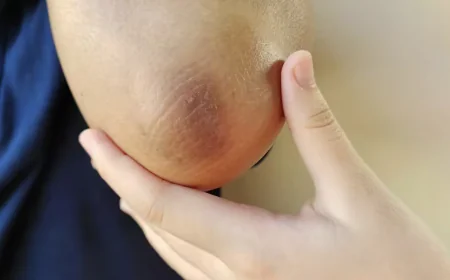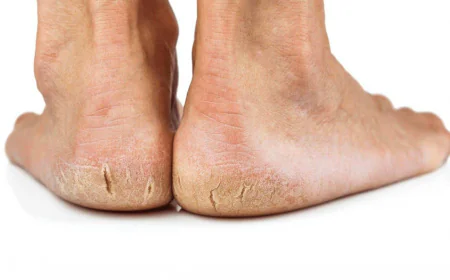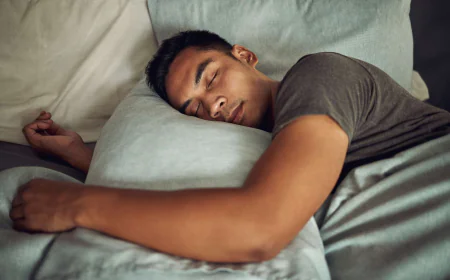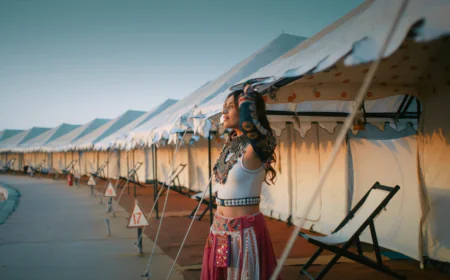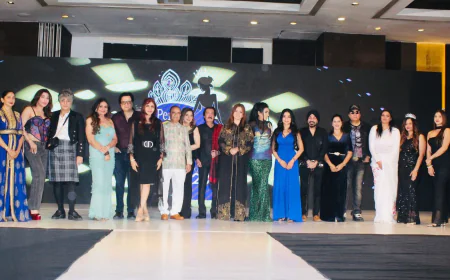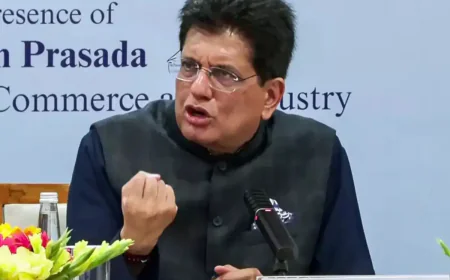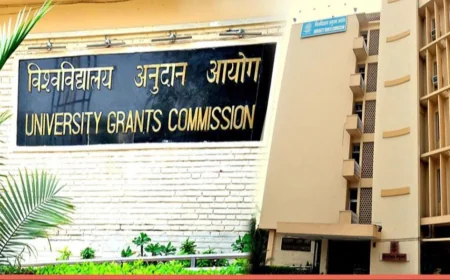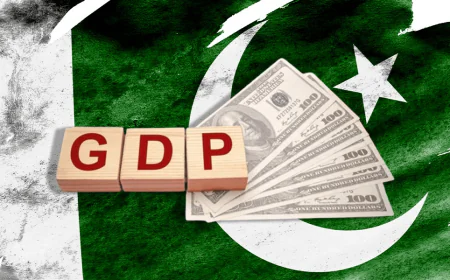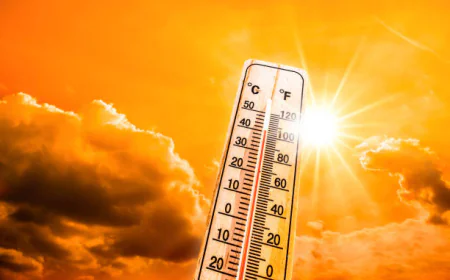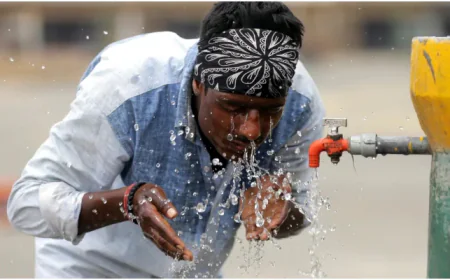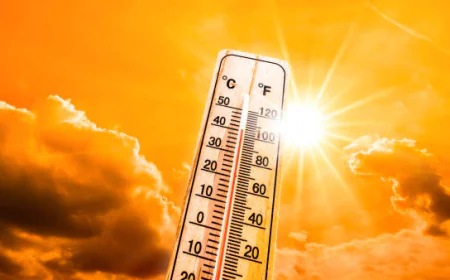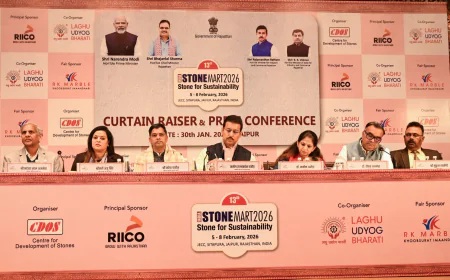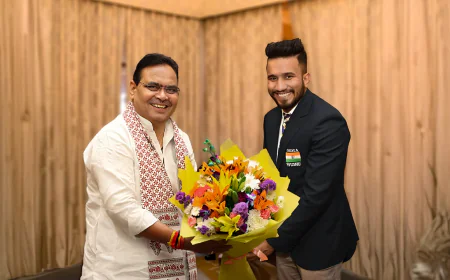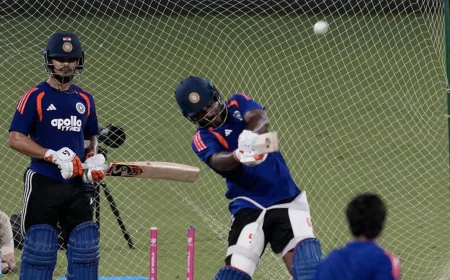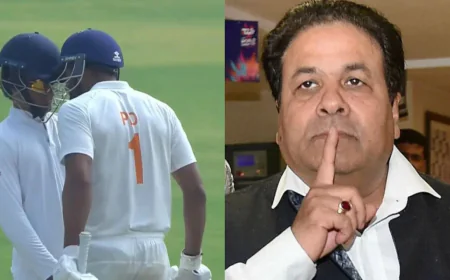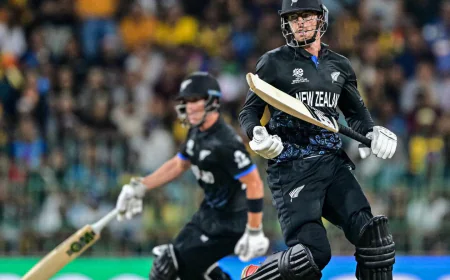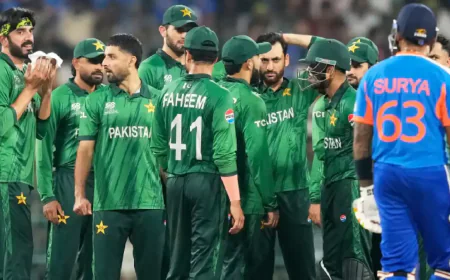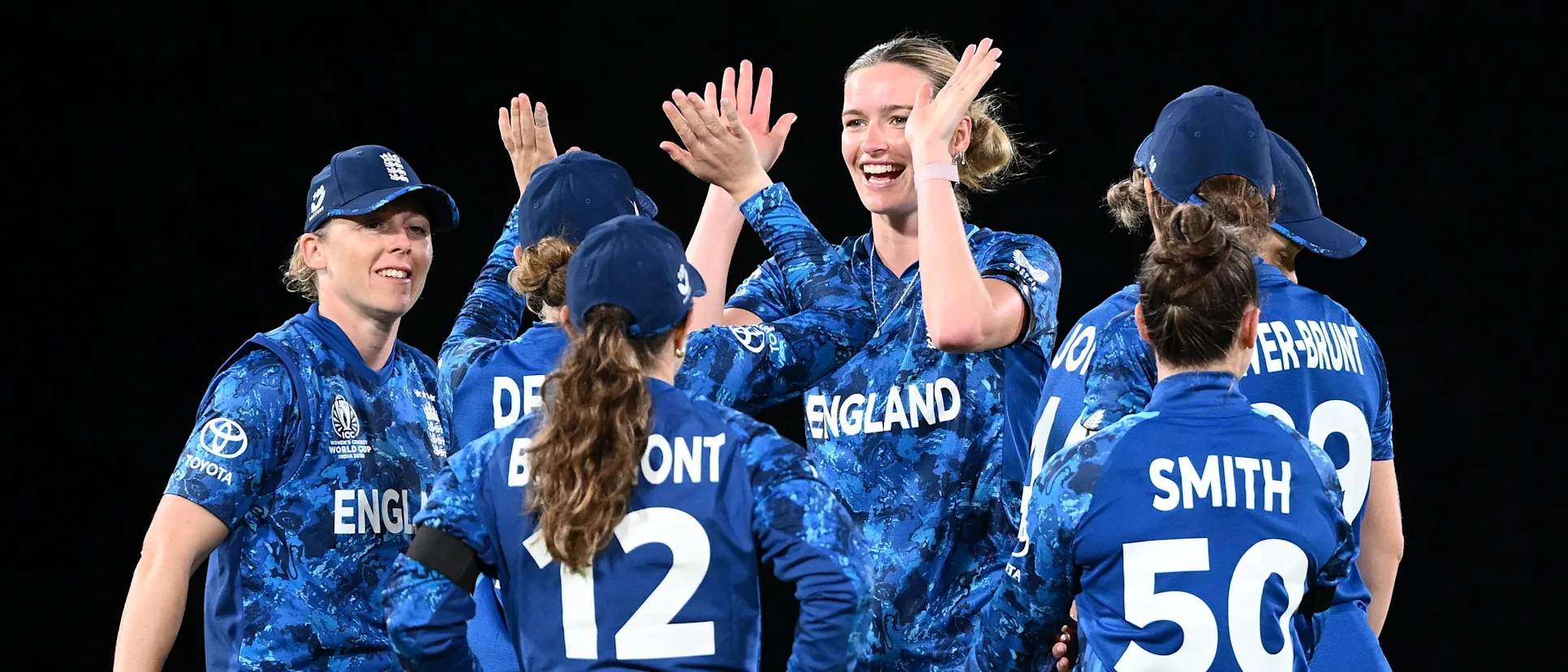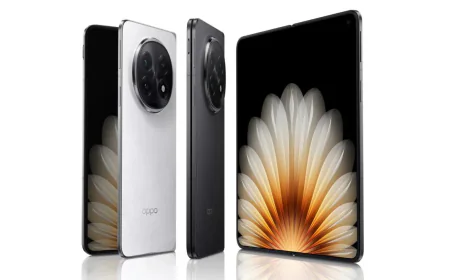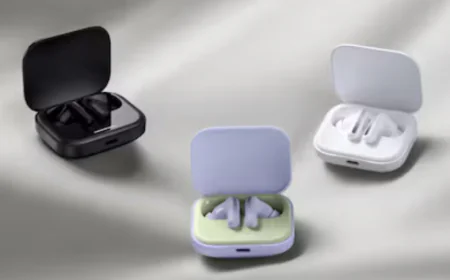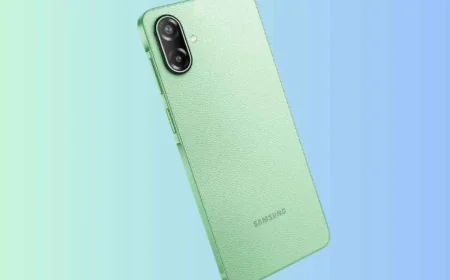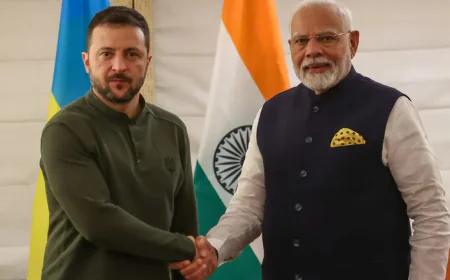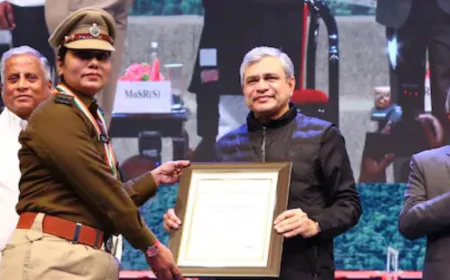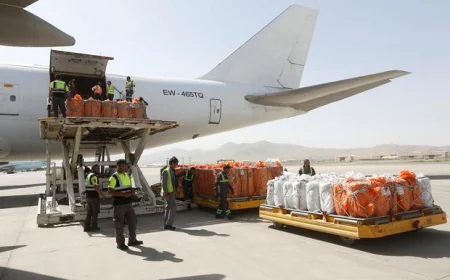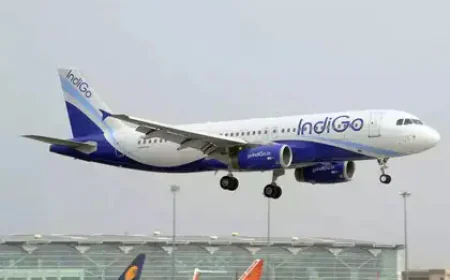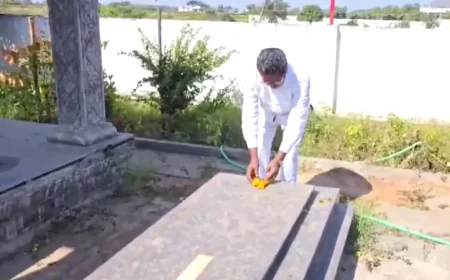'Even today India is better than the whole world', said Shubhanshu Shukla in Axiom-4 farewell speech
Astronaut Shubhanshu Shukla brought a proud moment for 140 crore Indians by becoming the first Indian to represent India on the ISS. After conducting scientific experiments for 18 days, he will land in the Pacific Ocean with the Axiom-4 mission. According to ISRO, after returning to Earth, he will have to undergo a rehabilitation program. He described India as ambitious and fearless from space.
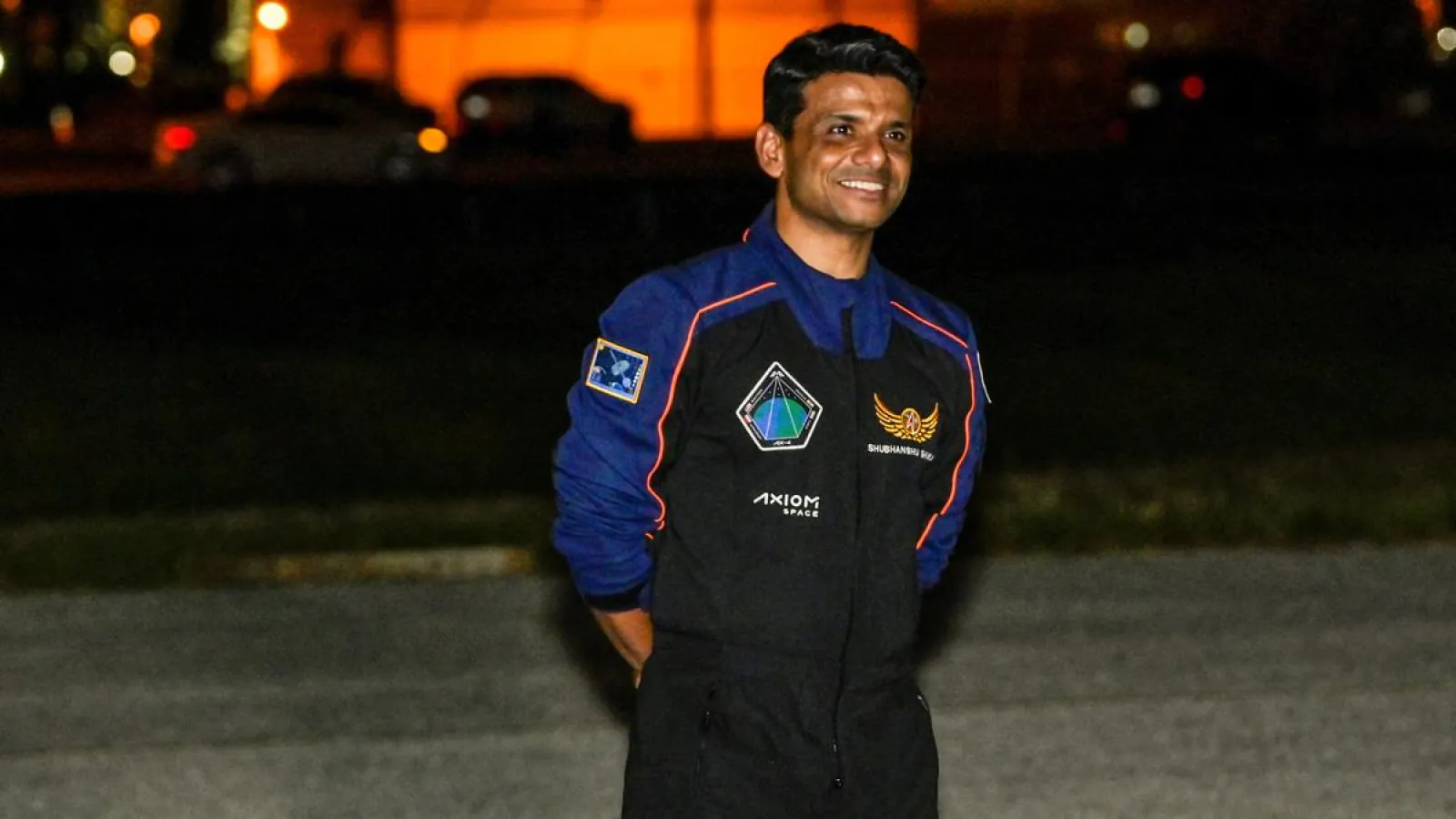
Over 140 crore Indians are waiting to welcome astronaut Shubhanshu Shukla, who brought pride to India by waving the tricolor flag on the ISS for the first time.
Having spent 18 days on the International Space Station (ISS) and performing several scientific experiments, Gaganyaat Shubhanshu will touch down on the California coast of the Pacific Ocean on Tuesday, along with his three other astronauts of the Axiom-4 mission.
Union Science and Technology Minister Jitendra Singh posted on X, Return to Earth, splashdown scheduled for 3 pm Indian time on July 15. ISRO said that, after coming to Earth, Shubhanshu will have to undergo a rehabilitation program (about seven days) under the supervision of a flight surgeon so that he can adapt to the gravity of the Earth. The landing of a spacecraft in water is called splashdown.
Want to get your story featured as above? click here!
Want to get your story featured as above? click here!
Shubhanshu will depart from ISS to Earth on July 14 with his three fellow astronauts. Shubhanshu and other Axiom-4 mission astronauts - American astronaut Mission Commander Peggy Whitson, Poland's Slawosz Uznanski-Wisniewski, Hungary's Tibor Kapu are ready to undock.
SpaceX's Crew Dragon spacecraft is scheduled to separate from the ISS on Monday at around 4:35 pm Indian time. Splashdown is expected several hours after undocking, off the coast of California in the Pacific Ocean. Shubhanshu and three other astronauts reached the ISS on June 26 under the Axiom-4 mission. These astronauts who went to the ISS have done many experiments.
This is how the return will be
Shubhanshu and three other astronauts will board the spacecraft at 2.25 pm Indian time before undocking (separation of the spacecraft from the ISS), wear space suits and do the necessary tests before starting the journey to Earth.
The ISS is orbiting the Earth at a speed of 28 thousand km per hour in an orbit about 400 km above the Earth. The Dragon spacecraft will automatically begin the process of separating from the ISS to gradually slow down and re-enter the Earth's atmosphere for a water landing (splashdown) in California.
The Dragon spacecraft will return with more than 580 pounds of luggage, which will include NASA hardware and data from more than 60 experiments conducted during the entire mission.
Shubhanshu said that India looks ambitious, fearless, confident and proud from space. At the farewell ceremony organized for the crew of Axiom-4 mission on the ISS on Sunday, Shubhanshu repeated the famous words of India's first astronaut Rakesh Sharma and said, even today, India looks 'saare jahaan se achcha' from above. Rakesh Sharma had said during the space journey in 1984, Bharat looks saare jahaan se achcha from space.
Shubhanshu said that he is taking a lot of memories and learnings with him, which he will share with his countrymen. At present there are 11 astronauts on the ISS, out of which seven are from Expedition 73 and four are from Axiom Mission.
The journey was historic for Shubhanshu This journey to ISS has been historic for Shubhanshu. Shubhanshu became the first Indian to travel to the ISS. He is the second Indian to go to space. Rakesh Sharma went to the space station Salyut 7 in 1984 on the Soviet Union's Soyuz spacecraft. Rakesh Sharma is India's first astronaut.
So far, Shubhanshu has spent 18 days in space. He has seen 16 sunrises and sunsets every day. Shubhanshu conducted seven experiments related to India on the ISS, which was a big step in advancing India's Gaganyaan human space flight mission. These included research on muscle damage in space, developing brain-computer interface, and experiments on sprouting moong and fenugreek seeds in space.
On the last day of his stay on the ISS, eye movement and coordination were tested under the Voyager Display Test. Other experiments were conducted for the same purpose.

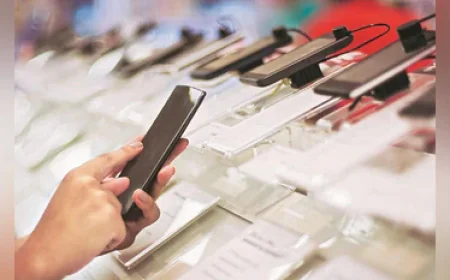

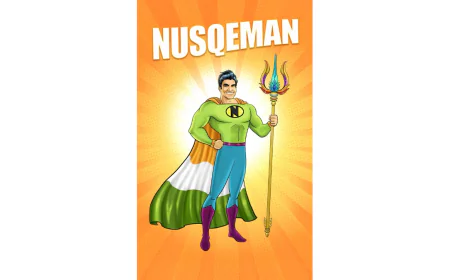





















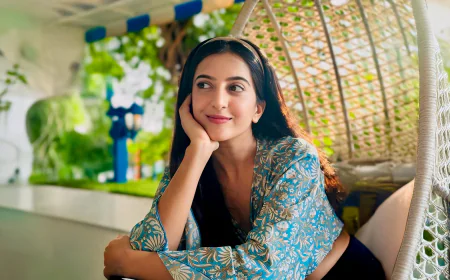
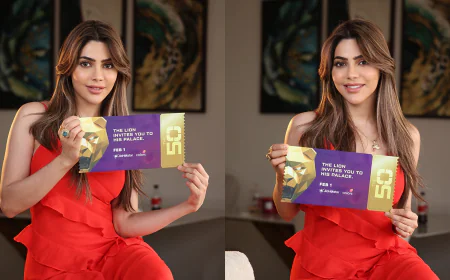







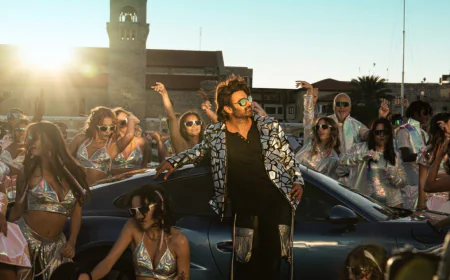


.jpeg)






